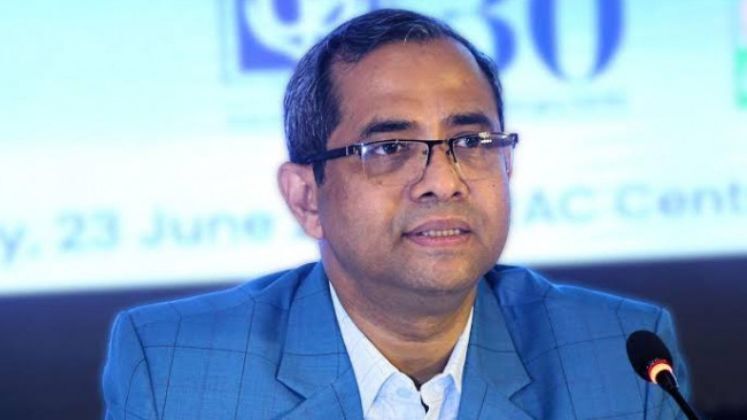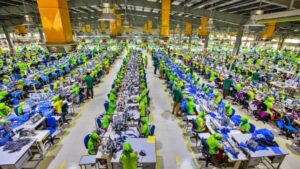
In order to promote communication and address persistent labour concerns, Khondaker Golam Moazzem, research director at the Centre for Policy Dialogue (CPD), has emphasised the urgent need for elections in important trade associations, particularly the Bangladesh Garment Manufacturers and Exporters Association (BGMEA) and the Bangladesh Knitwear Manufacturers and Exporters Association (BKMEA).
The ability of elected officials to engage in productive negotiations with workers is crucial given the current state of dissatisfaction among factory workers, Moazzem underlined. He pointed out that in the past, industrial owners have used bank loans or the sale of machinery to pay workers’ wages, illustrating the power of representative organisations.
According to Moazzem, recent disruptions at certain plants are the result of postponements in putting into effect a revised wage structure that incorporates required pay raises and benefits. He said that a drop in wage grades from seven to five has left workers more perplexed, which has led to an increase in tensions.
On 23rd September, the Government, BGMEA, and labour unions had a tripartite meeting where Moazzem called on the interim government to help implement an 18-point agreement. This agreement sought to guarantee the payment of unpaid salaries for the previous three months by October 10—a goal that has not yet been met.
He emphasised the need for the Department of Labour, the Department of Inspection for Factories and Establishments (DIFE), and the associations of factory owners to move quickly to implement the new wage structure, which was announced in November of last year.
Moazzem expressed hope that, as long as factory owners adhered to the new pay rules, the unrest would stay confined and not spread. He recognised the difficulties that clothing exporters confront, namely the downturn in export development and problems in the banking industry.
Moazzem suggested more steps to help the apparel business and applauded the administration for not using industrial police in the face of recent worker demonstrations. In order to sustain continuous output, he recommended making sure industries had a steady supply of gas and electricity. He also suggested holding an expo for buyers and brands to demonstrate Bangladesh’s capacity to manage sizable orders, which would increase trust in the nation’s manufacturing capacity.






